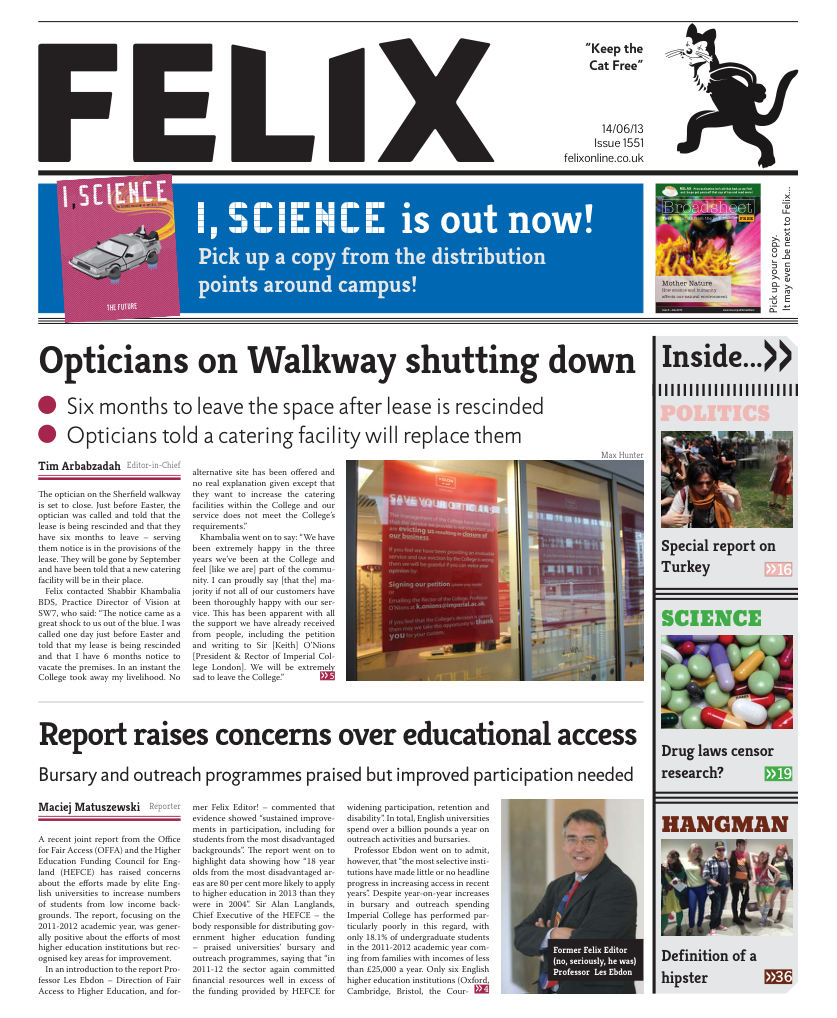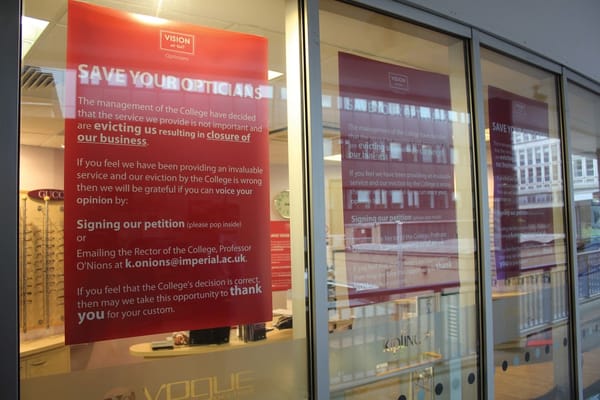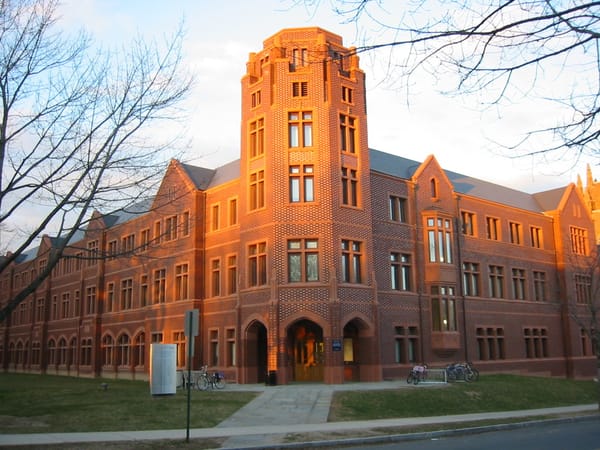Report raises concerns over educational access
Bursary and outreach programmes praised but improved participation needed
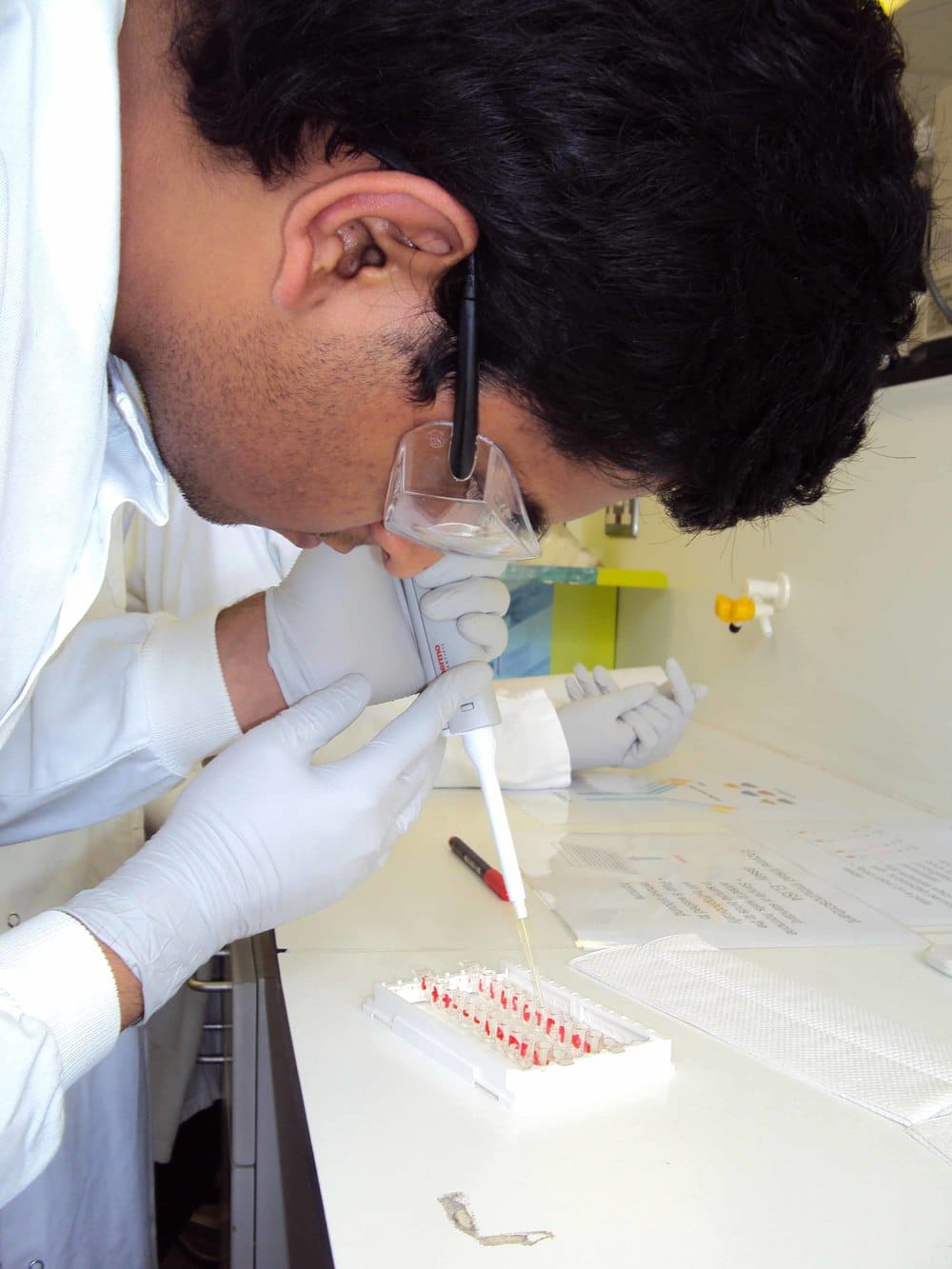
A recent joint report from the Office for Fair Access (OFFA) and the Higher Education Funding Council for England (HEFCE) has raised concerns about the efforts made by elite English universities to increase numbers of students from low income backgrounds. The report, focusing on the 2011-2012 academic year, was generally positive about the efforts of most higher education institutions but recognised key areas for improvement.
In an introduction to the report Professor Les Ebdon – Direction of Fair Access to Higher Education, and former Felix Editor! – commented that evidence showed “sustained improvements in participation, including for students from the most disadvantaged backgrounds”. The report went on to highlight data showing how “18 year olds from the most disadvantaged areas are 80 per cent more likely to apply to higher education in 2013 than they were in 2004”. Sir Alan Langlands, Chief Executive of the HEFCE – the body responsible for distributing government higher education funding – praised universities’ bursary and outreach programmes, saying that “in 2011-12 the sector again committed financial resources well in excess of the funding provided by HEFCE for widening participation, retention and disability”. In total, English universities spend over a billion pounds a year on outreach activities and bursaries.
Professor Ebdon went on to admit, however, that “the most selective institutions have made little or no headline progress in increasing access in recent years”. Despite year-on-year increases in bursary and outreach spending Imperial College has performed particularly poorly in this regard, with only 18.1% of undergraduate students in the 2011-2012 academic year coming from families with incomes of less than £25,000 a year. Only six English higher education institutions (Oxford, Cambridge, Bristol, the Courtauld Institue of Art, the Royal Academy of Music and the Royal College of Music) had a lower proportion of students from deprived backgrounds.
This agrees with worrying figures released by the Higher Education Statistics Agency (HESA). These show that for the 2011-2012 academic year only 62.7% of new entrants to the College came from a state school – compared to a 88.5% average for all English universities – and only 15.5% belonged to the four poorest National Statistics Socio-Economic Classes (NS-SEC – see box on right) – this is compared to a 30.7% average for England. The College also falls short of HESA’s benchmark figures – the percentages of students from backgrounds in the lowest NS-SEC category – which could be expected given factors such as Imperial’s location and the courses that it offers. These benchmarks are 74.5% of new entrants from state schools and 17.1% of new entrants from the lowest NS-SEC. Full figures showing the effect of the introduction of higher fees for the 2012-2013 academic year have not yet been released.
Speaking to Felix Paul Beaumont, Imperial College Union President, said he was “genuinely not sure what more can be done, other than better communication of the College’s financial support package and increased, more focussed Outreach work”. He added that, in his personal opinion: “The College has one of the most generous cash-in-hand financial support packages in the country. The National Scholarship Program requires that £5k of the bursary must be in ‘service discounts’ rather than cash in hand, which the College very nicely gives students in their first year (when they can cash this in on their accommodation), and then provided £50 million to the initiative, which will rise to £100 million in 2013/14 and £150 million in 2014/15 gives £1k cash in their first year, and £6k cash for years after. Most other universities waive fees, which does nothing to help students whilst they’re at university: they need the cash there and then.” He went on to say: “The College is also discussing other ways in which students will be able to spend their service discount in the future, if they so choose. Some considerations at the minute are being able to put the money towards clubs and societies, as most students complain that the thing that they miss out on the most are clubs and societies activities.” There has, as yet, been no official Union response to the figure.
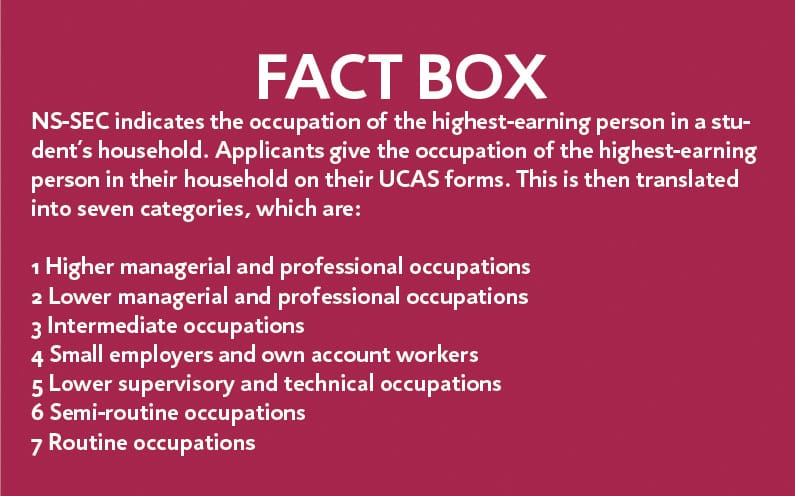
Speaking to Felix Dr Melanie Bottrill, Scientific Projects Manager in Imperial’s Outreach Office, said: “The Outreach team at Imperial works really hard across the calendar year to deliver a wide range activities for prospective students. This year we expect to interact with over 11,000 school students though our activities on campus, such as summer schools and other funded enrichment courses. In addition, we do all sorts of work within schools, such the Pimlico connection, Postgraduate Ambassadors Scheme, Inspire and our school visits programme. Our activity is much wider reaching than I think most people realise. Rarely a day passes without an activity happening on campus or without one us being within a school, so we are a really busy team – and we are brilliantly supported by all the UG and PG students who work on our programmes as mentors or volunteers.
“With the new fee regime, the demand for our programmes has grown and prospective students want more opportunities for support and information from universities. This is the first full academic year (12/13) of the new fees, and the College has set aside part of this income to significantly expand our outreach programmes aimed at academically able, but disadvantaged prospective students.” In its access agreement – a document all universities charging more than £1,345 per student must submit to OFFA – the College pledges to “spend at least 35% of additional fee income” on bursaries and outreach activities. Additionally, “the College commits to increase expenditure on outreach activities by at least £550K once all undergraduate cohorts are on the new fee system”. Dr Bottrill added: “The biggest challenge that is faced by the College, in my opinion, is the small pool of prospective students who fit the criteria of being able and interested in STEM subjects, but of a widening participation background. To increase this number, we need to be supporting these students much earlier in their school careers. If we can inspire students early in their school careers about STEM subjects helping them stay within this field, then the number of prospective students for Imperial will grow.”
Imperial seventh lowest proportion of students from deprived backgrounds
Speaking to the Daily Telegraph Wendy Piatt, director general of the Russell Group of elite research universities, said: “Our universities put a lot of effort into trying to help solve these problems but we cannot do so alone. Outreach work, including summer schools and mentoring, can be successful at inspiring students from a wide variety of backgrounds to apply to a range of universities and has an important role to play. But no-one can guarantee that those students will go on to apply successfully to Russell Group universities. It remains important that admission to university is based on merit and fairness to all candidates; any decisions about admissions must maintain high academic standards.”
The Government’s response to the OFFA and HEFCE report has focused mainly on the positives. In particular, ministers pointed out the effectiveness of the recently introduced National Scholarship Programme. In an official press release the Secretary of State for Business, Vince Cable said: “I have always said that going to university should be about ability, not ability to pay. So it’s encouraging that the National Scholarship Programme has helped more than 35,000 students from poor backgrounds in its first year. This has been supported by over £130 million investment from government and institutions.”
Universities and Science Minister David Willetts added: “This report highlights how our reforms are putting students at the heart of the system. We are making progress in ensuring talented people from disadvantaged backgrounds make it to university. This year the proportion of applications for the most disadvantaged 18 year olds was at its highest level ever but we are not complacent, more needs to be done.”
The Labour Party, however, insists that current efforts by the Government are not enough. Policies being considered by Labour include the “idea of making lower A-level offers to poorer students”. A report http://www.ippr.org/publication/55/10847/a-critical-path-securing-the-future-of-higher-education-in-england) published last week by the left leaning think tank the Institute for Public Policy Research recommended that “funding should be shifted out of fee waiversand bursaries and into outreach programmes, which have a stronger track-record of recruiting applicants from disadvantaged backgrounds” and that “a student premium should be introduced of £1,000 extra per student from a low-participation area or who has received free school meals”.

